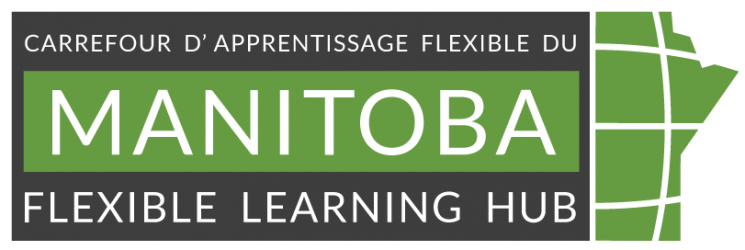
Image by Ikaika from Freepik
January resource radar
On this page
- Books
- On Learning, Volume 2: Philosophy, concepts and practices
- Articles
- Simulations with actors prepare journalism students to interview trauma survivors
- ‘Indigenizing’ universities means building relationships with nations and lands
- A positive environment of engagement and retention in the online learning environment
- Providing opportunities for continued learning with reflection tools
- Podcasts
- Learning in a time of abundance
- Accessible Group Work
- Alternative educational programs and digital higher ed
Books
On Learning, Volume 2: Philosophy, concepts and practices
Edited by David Scott
In this book, the various authors explore a number of important concepts that are relevant to the idea of learning. These are meta-concepts such as epistemology, inferential role semantics, phenomenology, rationality, thinking, hermeneutics, critical realism and pragmatism, and meso-concepts such as probability, woman, training, assessment, education, system, race, friendship, Bildung, curriculum, ecology and pedagogy. Like David Scott’s first volume of On Learning, this collection focuses on philosophy, concepts, and practices and is a response to empiricist and positivist conceptions of knowledge. It challenges detheorised and reductionist ideas of learning that have filtered through to the management of our schools, colleges and universities; over-simplified messages about learning, knowledge, curriculum and assessment; and fostered the denial that values are central to understanding how we live and how we should live – the normative dimension to social policy and social theorizing.
Recommended by: Iwona Gniadek, former Manitoba Flexible Learning Hub Educational Designer, now at the University of Manitoba.
Articles
Simulations with actors prepare journalism students to interview trauma survivors
Journalists often find themselves on the front lines of conflicts, natural disasters, accidents, acts of violence and other human catastrophes.
Many journalists are assigned to cover such stories without the benefit of training on how to approach these situations — and the people caught up in them — ethically and sensitively. They also typically lack training or support on how to take care of their own mental health and well-being.
‘Indigenizing’ universities means building relationships with nations and lands
Commitments aim to increase the visibility of Indigenous academics, including hiring of Indigenous faculty members and staff, but they are also about the visibility of Indigenous ways of being and knowing. Until fairly recently, these ways of being and knowing have been largely absent in Canadian higher education structures.
A positive environment of engagement and retention in the online learning environment
Student engagement in an online environment can be achieved through various forms of interaction, including behavioral, emotional, and cognitive formats (Hollister et al., 2022). Engagement itself is truly the glue that holds a positive teaching and learning experience together, and as a faculty member, it is our responsibility to provide an environment of positive learning and engagement for our students.
Providing opportunities for continued learning with reflection tools
One way to support learners’ continued education after the course ends—or even after graduation—is providing a reflection tool. Reflection tools offer self-coaching prompts so learners can meet their own continuing learning needs and individuals can work on reflection in their own time.
Podcasts
Learning in a time of abundance
Podcast: Teaching in Higher Ed Podcast
Episode: 502
Date: January 25, 2024
Dave Cormier shares about his new book, Learning in a Time of Abundance. In a world overflowing with information, how can we adapt our learning methods to thrive? Measuring knowledge through memorization and grades made more sense in a world where information was hard to come by. Cormier explores the cultural and teaching changes necessary to adapt to the digital age while emphasizing the importance of understanding how to navigate the vast sea of information we encounter every day.
Accessible Group Work
Podcast: Accessagogy
Episode: 19
Date: January 28, 2024
Group work is often very difficult for learners. A lot of that difficulty comes from the organizational piece, but it also comes from the actual purpose of group work, which is to build a team that is responsive to the needs of its members and the goal of the team or the group work in the first place.
Alternative educational programs and digital higher ed
Podcast: Teaching online podcast
Date: January 15, 2024
Episode: 154
Guest Dr. Anna Porcaro joins hosts Tom and Kelvin to share insights on how higher education institutions can be more effective in meeting workforce needs through digital alternative educational programs.
